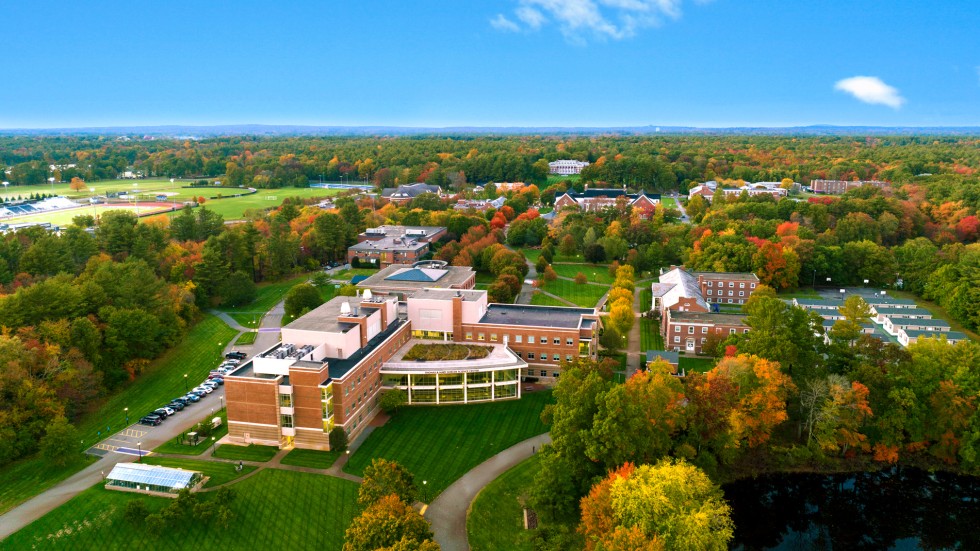2022-2023 Hill Book (Class of 2026) [ARCHIVED HILL BOOK]
Religious Studies and Theology
|
|
 Return to: Programs of Study Return to: Programs of Study
Faculty:
Professors:
C. Ives
M. Leith
S. Lowin
G. Shaw
Associate Professors:
N. DesRosiers
M. Scott
D. Ullucci
S. Wilbricht, C.S.C.
Assistant Professor:
A. Booth, C.S.C.
Teaching Post-Doctoral Fellow:
C. Tichelkamp
The Department of Religious Studies and Theology offers majors and minors in Religious Studies, Catholic Studies, and Theology.
Departmental Mission
The Department of Religious Studies and Theology focuses on the religious beliefs and practices of communities and individuals throughout history and in the present. It introduces students to religious traditions worldwide, and to the ways in which those traditions have been studied. In a liberal arts setting, Religious Studies and Theology are interdisciplinary, embracing virtually all aspects of human experience, as expressed in history, art, literature, social organization, politics, scientific exploration, theology and ethics. In the Catholic tradition of the quest for greater understanding, the Department of Religious Studies and Theology helps students acquire skills for engaging their own traditions and those of others with openness and respect.
In the General Education curriculum, the Department introduces students to the study of religion and theology through the required first-year course. Students may also explore specific topics in the study of religion and theology in a variety of Learning Communities and Moral Inquiry courses.
Majors and minors in Religious Studies or Theology explore rigorously an array of compelling human questions, the distinctive beliefs and practices of religious people across cultures, and the various roles that religions play in society. Because Religious Studies and Theology are integrative disciplines, majors and minors have gone on to pursue graduate study and careers in such fields as journalism, law, education, business, public policy and healthcare, as well as in various forms of ministry. Others work for non-profits, in education, the arts or humanitarian service.
Learning Goals
Majors in Religious Studies or Theology will:
- understand the core constructs in the discipline: religion, myth, symbol, ritual, soteriology, revelation, tradition, religious ethics, cosmology, mysticism, sacred space, and sacred time.
- comprehend the various types of “texts” in religious and theological traditions; be able to contextualize and analyze primary sources, critically evaluate secondary sources, and demonstrate a familiarity with the problems of interpretation.
- become acquainted with the important themes in the Bible and main approaches to the study of the Bible. Understand the connections and tensions among Religious Studies, Biblical Studies, and Theology.
- acquire foundational knowledge of Catholic theological traditions and at least one non-Christian religious tradition.
- understand the major approaches in the discipline of Religious Studies or Theology and how the field developed with these approaches. Gain insight into how Religious Studies or Theology draws from a range of disciplines such as philosophy, history, archaeology, art history, psychology, etc.
- develop an understanding of the main issues and debates in the discipline of Religious Studies or Theology.
- become competent in critical reading, scholarly research techniques, and composition skills.
ProgramsMajorMinor
 Return to: Programs of Study Return to: Programs of Study
|
